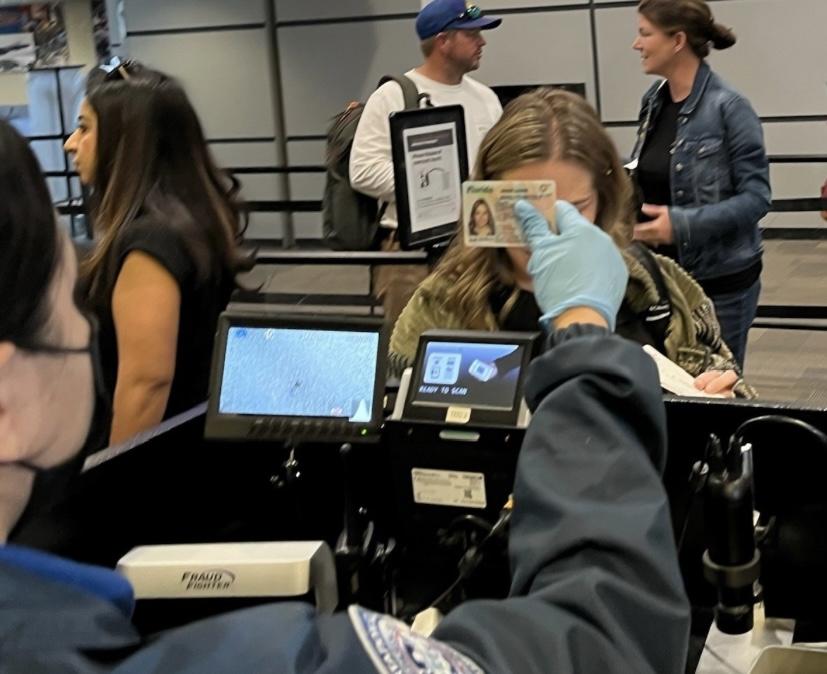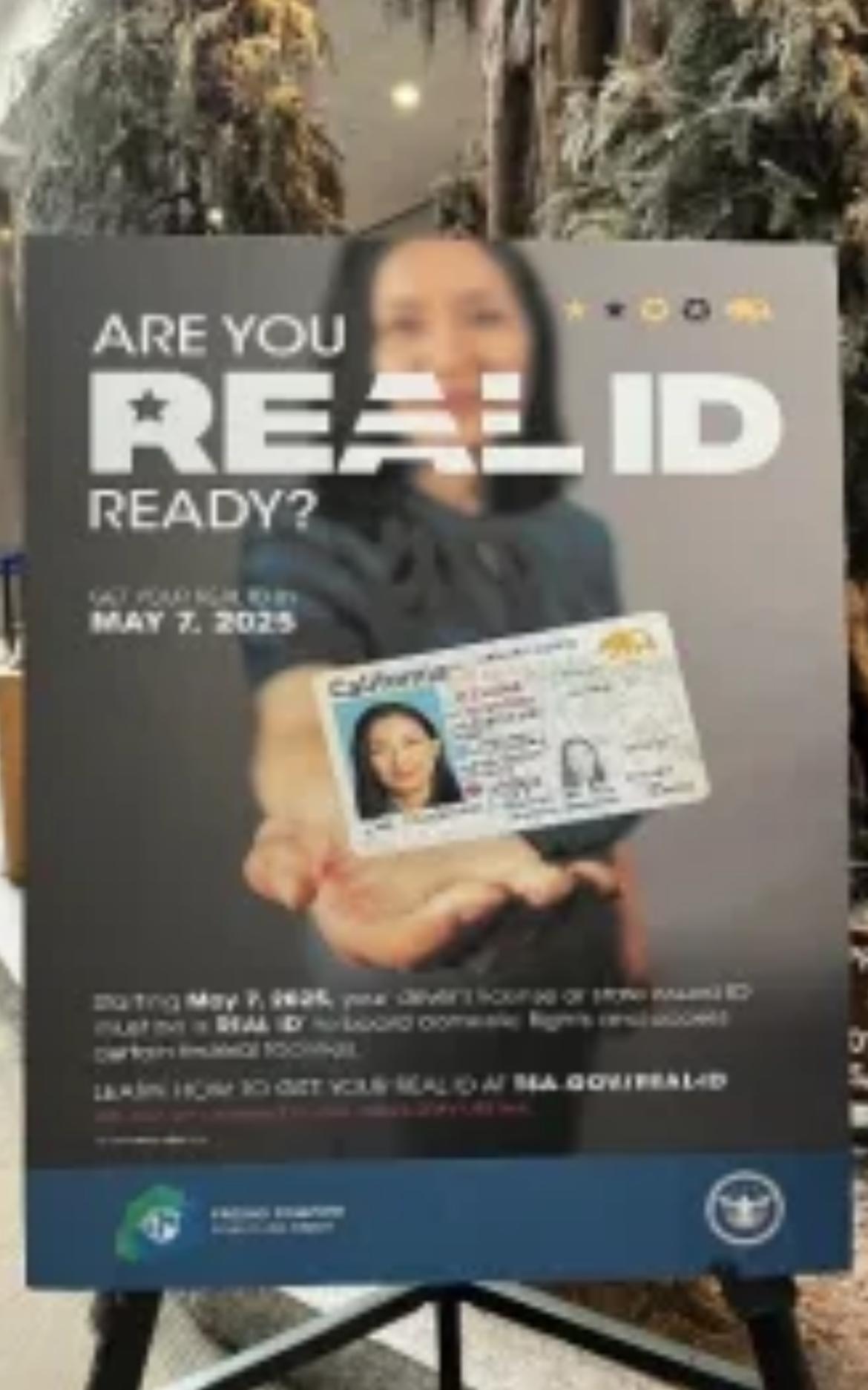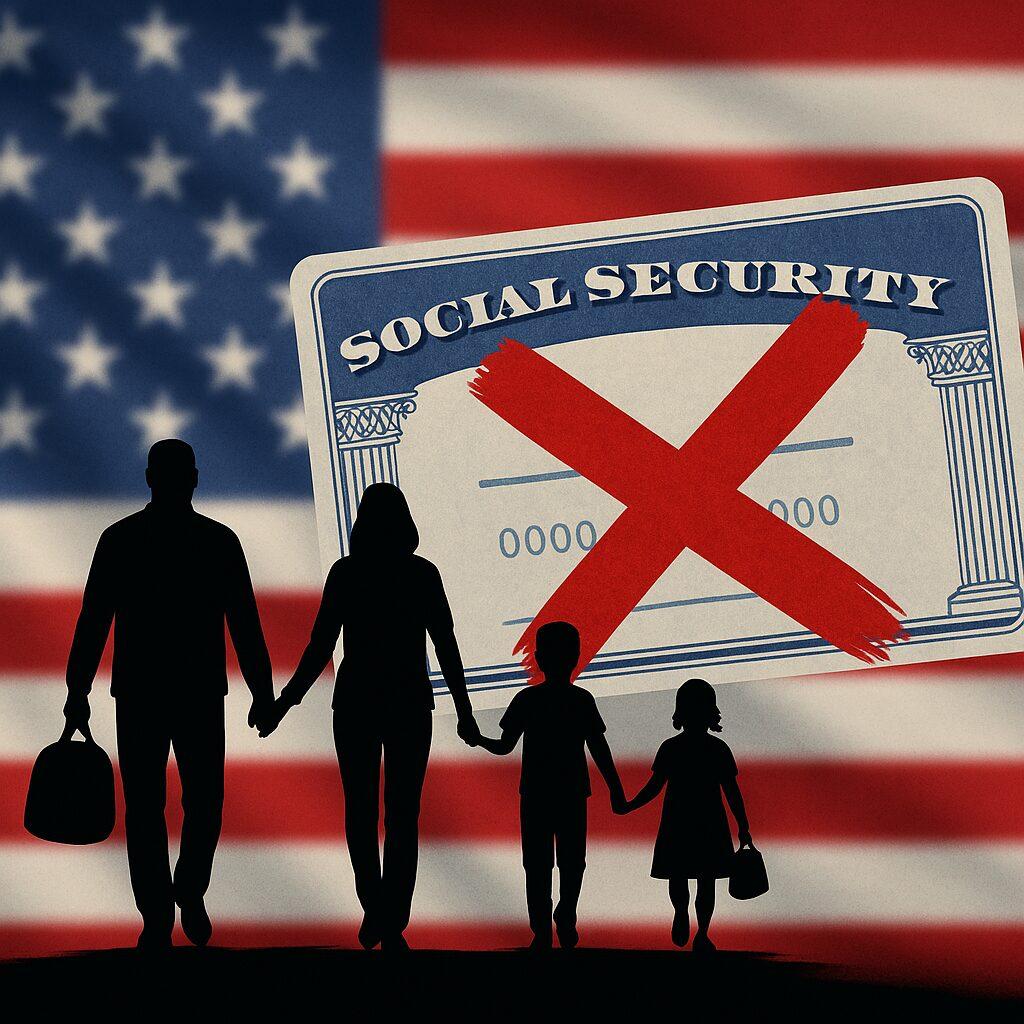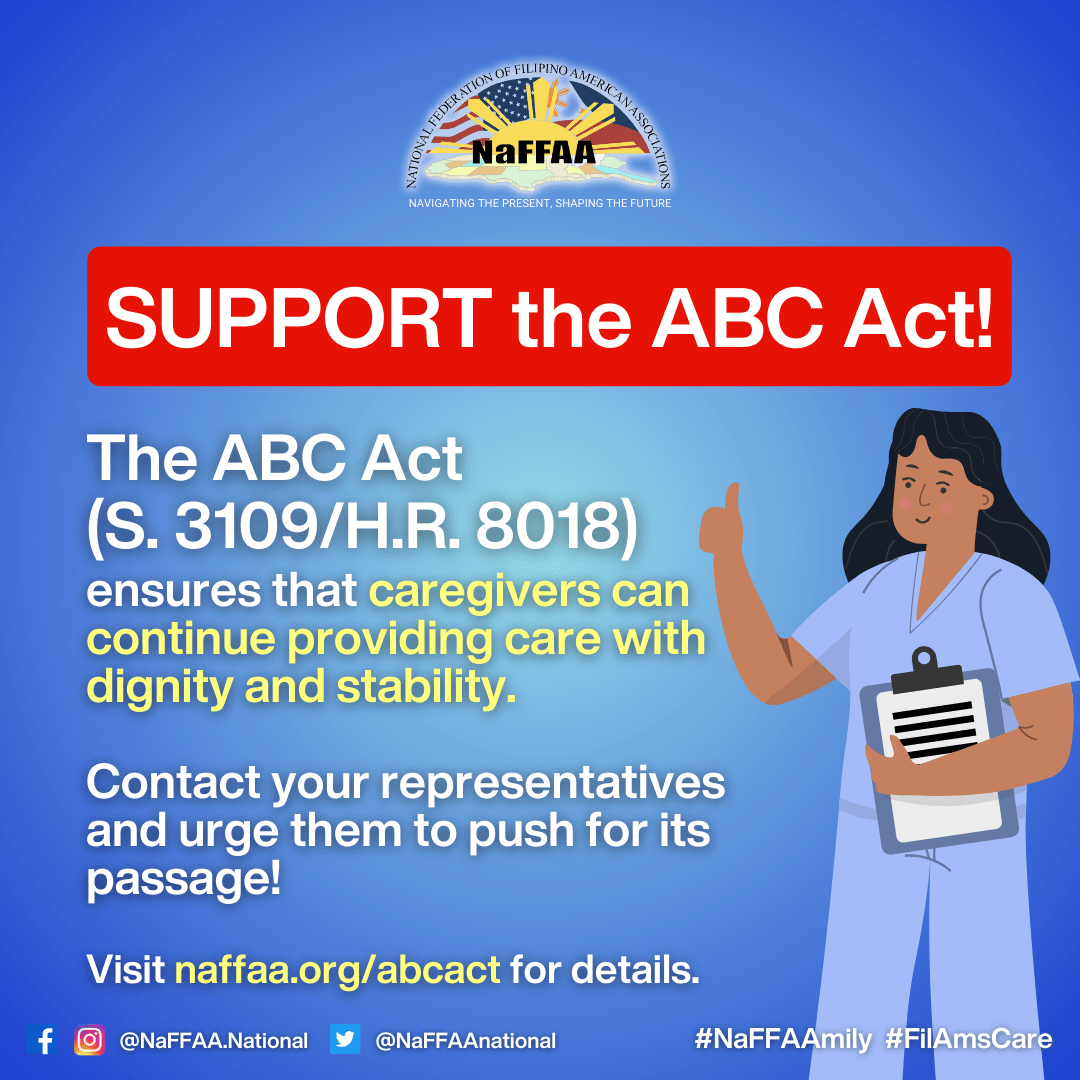PHOTO CREDIT – Photos courtesy of tsa.gov
WASHINGTON, D.C. — The Transportation Security Administration (TSA) has officially implemented full enforcement of the REAL ID Act as of today, May 7, 2025, putting into action a long-planned overhaul of identity verification for air passengers.
All travelers aged 18 and older must now present a REAL ID-compliant form of identification—or a federally accepted alternative—to pass through security for domestic flights within the United States. Originally passed by Congress in 2005, the REAL ID Act aims to standardize security across state-issued IDs in response to recommendations from the 9/11 Commission.
What Is a REAL ID?
A REAL ID is a state-issued driver’s license or identification card that meets federal security standards. It typically features a star in the upper corner—such as a gold bear and star in California.
Acceptable alternatives include:
A valid U.S. passport
DHS Trusted Traveler cards (e.g., Global Entry, NEXUS, SENTRI)
U.S. military ID
Permanent Resident Card (Green Card)
Enhanced Driver’s Licenses (issued in select states)
A full list of accepted documents is available at tsa.gov.

What Travelers Are Experiencing
Reports from major airports including Los Angeles (LAX), New York (JFK), and Chicago O’Hare show that most passengers arrived prepared, but some encountered delays due to additional screening after presenting non-compliant IDs.
TSA Deputy Executive Assistant Administrator for Security Operations Steve Lorincz said the agency is “fully staffed at all locations across the country” and confirmed that travelers without REAL ID “will not be turned away,” though they may face longer screening times.
In New York, TSA’s Federal Security Director John Essig emphasized that enforcement efforts are being carried out in a way that “minimizes the impact to overall operations and especially for those passengers who are prepared with their REAL ID, passport or other acceptable form of ID.”
TSA recommends arriving at least three hours early if unsure of your ID status.
State Compliance Rates and Ongoing Demand
The Department of Homeland Security estimates that approximately 81% of Americans now hold REAL ID-compliant credentials. However, state compliance varies. New Jersey, for instance, remains below 20%, while states like Florida, Colorado, and Nevada have reached near-universal adoption.
To meet demand, many state DMVs have extended hours and opened additional appointment slots.
Community Outreach and Support
The full implementation of REAL ID requirements affects millions of travelers, including Filipino Americans and other Asian American communities who regularly fly for family, business, or balikbayan trips. For seniors, immigrants, and limited-English-speaking residents, navigating the ID application process can present challenges.
To address this, several trusted community-based organizations have stepped up to provide practical support:
Filipino Migrant Center (FMC) in Long Beach, California offers legal clinics, outreach, and assistance with accessing public services—often helping low-income and working-class Filipino families with government-related documentation.
Asian Americans Advancing Justice Southern California (AJSOCAL) provides multilingual legal support—including in Tagalog—on immigration and access to government services, and helps guide residents through compliance with federal requirements like REAL ID.
These organizations—and others in metropolitan areas with large Asian American populations—serve as important resources for residents who need help gathering documents or understanding what is needed at the DMV.
Children under 18 are exempt from the REAL ID requirement when flying with a compliant adult.
With REAL ID enforcement now in effect nationwide, travelers are urged to verify their identification status and ensure they carry compliant documents to avoid disruptions. As airport security standards tighten, preparation remains essential—particularly in anticipation of increased travel volume in the coming months.





